Vintage scenes of life at an American summer camp
- Text by Miss Rosen
- Photography by Mark Steinmetz

After graduating the Yale School of Art in 1986, Mark Steinmetz spent 11 years as a photographer at various summer camps across the United States. Travelling from the shores of Cape Cod in Massachusetts to the smoky mountains of North Carolina, he would teach photography, as well as shoot pictures for camp calendars and brochures.
“At summer camp you find yourself in a different, unfamiliar world and you have no choice but to adapt so there’s definitely some resistance and squirming going on,” says Steinmetz, a former camper himself.
Steinmetz remembers his formative experiences away at camp and the excitement he felt being in nature, learning to fish and canoe. “There were some oddball kids that I’m glad I got to know,” he says. “There were probably moments of recognition when I saw kids who in some ways reminded me of myself.”
The images, which have just been published in the new book, Summer Camp (Nazraeli press), create a captivating look at children coming of age, discovering their independence and building new bonds. Steinmetz’s photographs offer a thoughtful, sensitive account of daily life, capturing quiet, introspective moments alongside more raucous scenes of friendship and camaraderie.

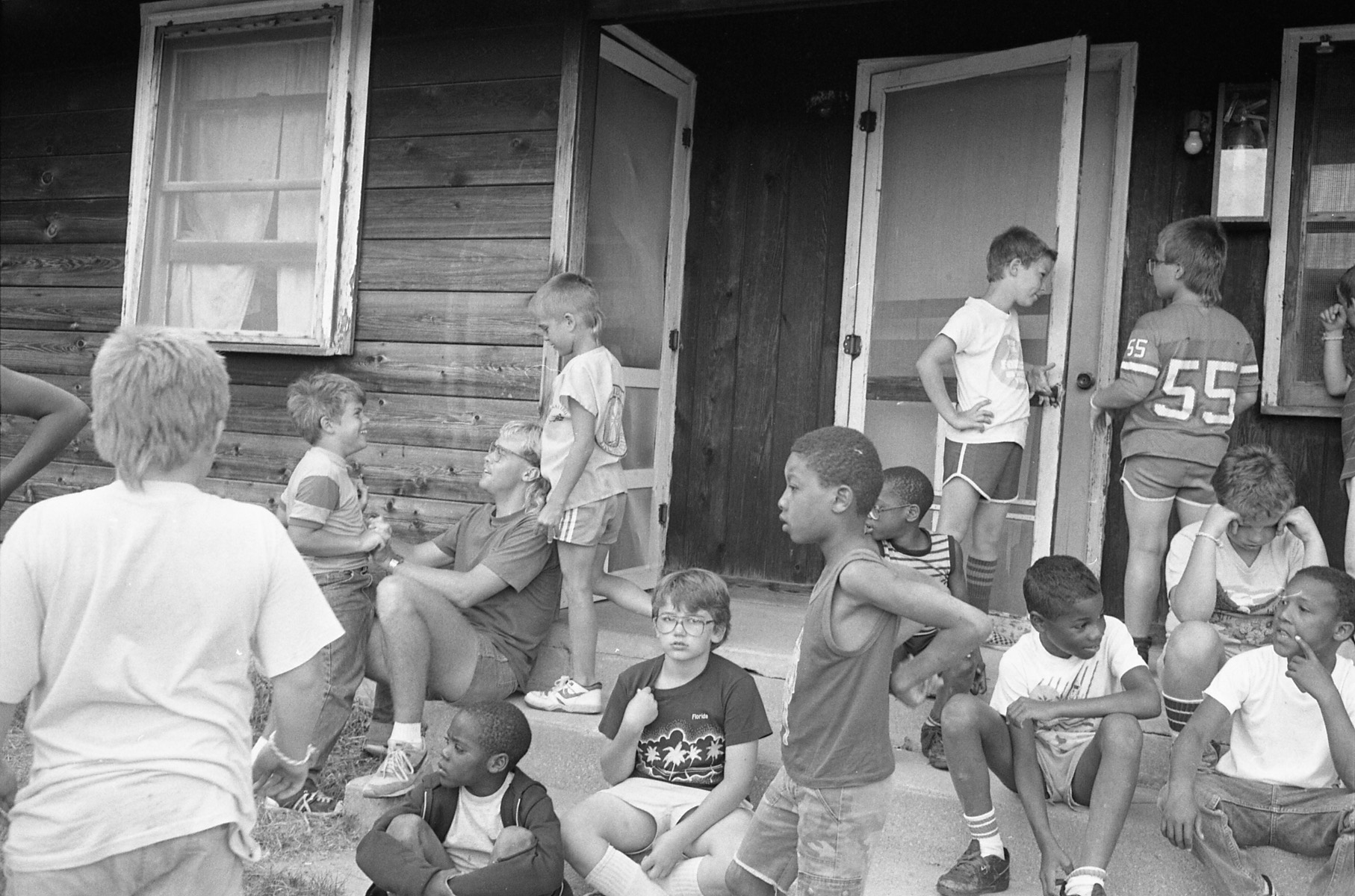
Kids swim, dance, play sports, take hikes, have cookouts, write letters, read magazines, and enjoy board games – all kinds of activities that allow them to escape the monotonous routine of school life.
“It’s great to be in nature: to see the stars at night, to feel the morning dew, to have a sense for the cycles of the day,” he continues. “All of these camps are situated in the woods. The trees have a strong presence and birds and other small creatures can be seen or heard.”
“At camp there isn’t the same buffer between us and the outdoors, so there’s a vibrancy and vividness that makes our usual (mostly suburban) lives seem dull and numb in comparison.”
Fortunately, Steinmetz’s love for the complex interiority of children’s lives guided him to create Summer Camp, which culminates with all the campers gathered around a glorious bonfire. “The ending at one camp was particularly dramatic – it was called ‘The Break,’” Steinmetz remembers. “The campers stayed up all night as one by one their buses would leave for the airport. There was a round of crying as each bus departed. At dawn, a few stragglers were left behind with shocked looks in their eyes – all their friends were gone; their once lively camp was now empty.”
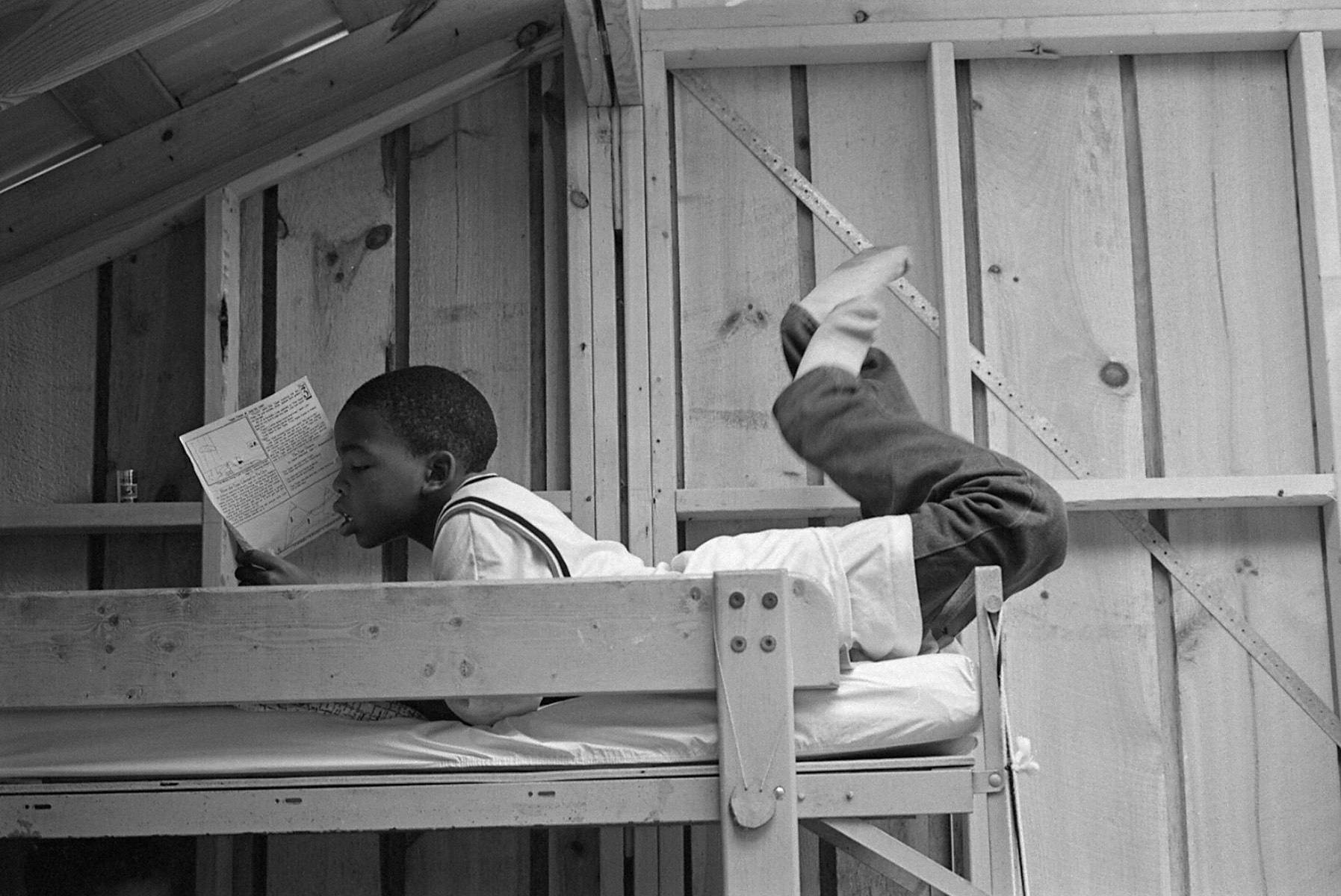
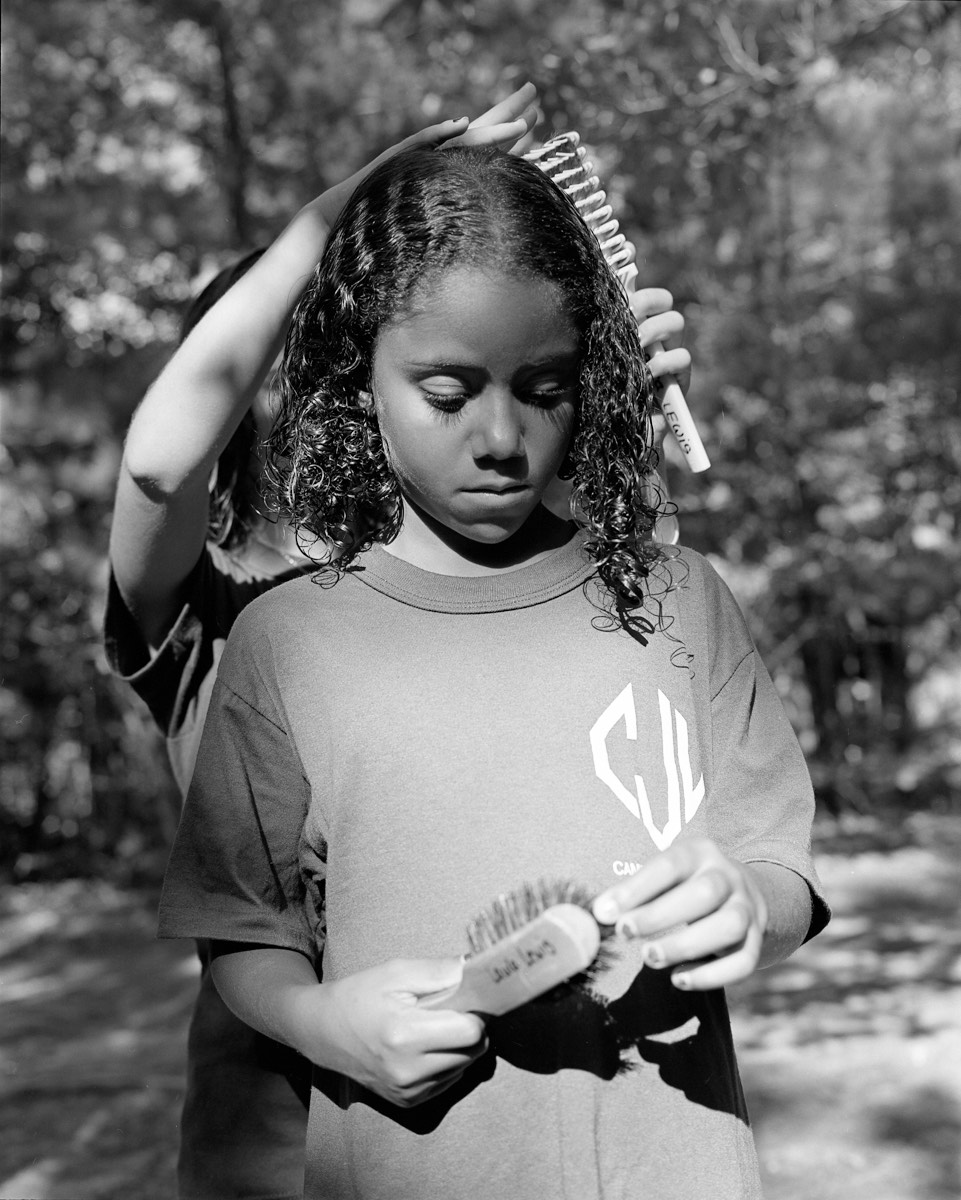
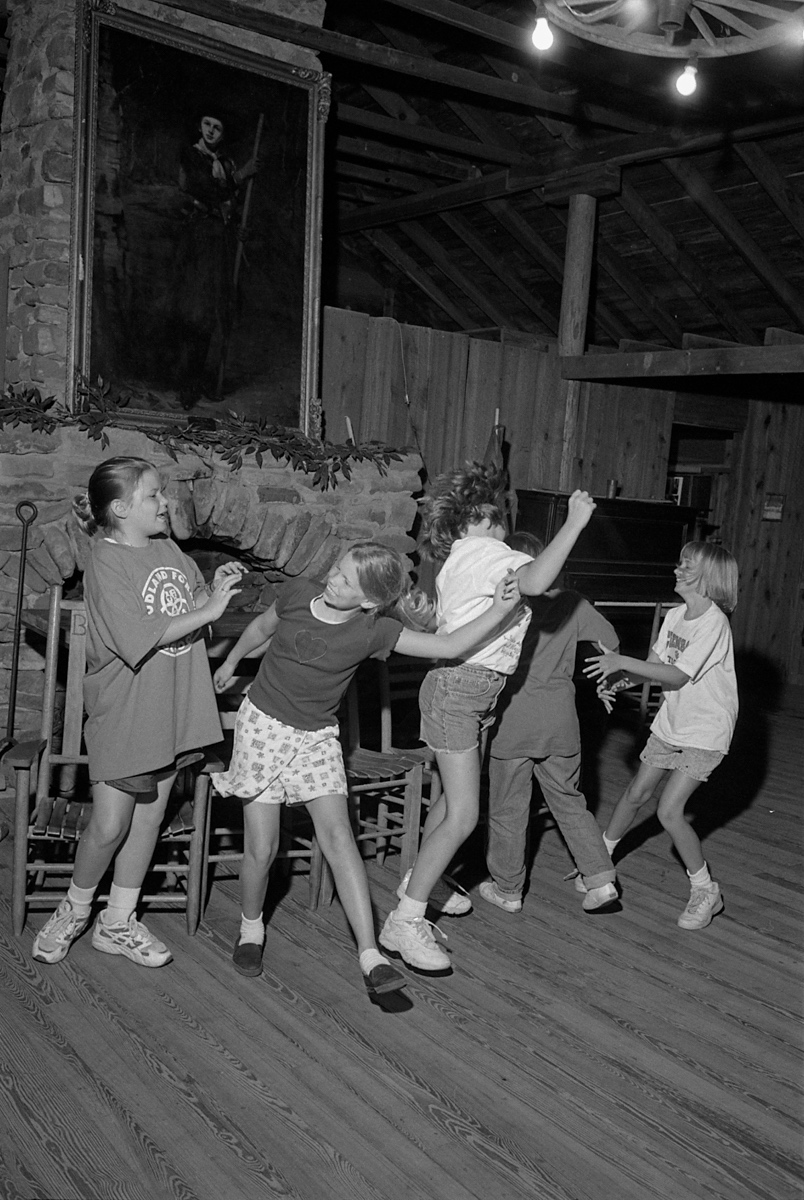
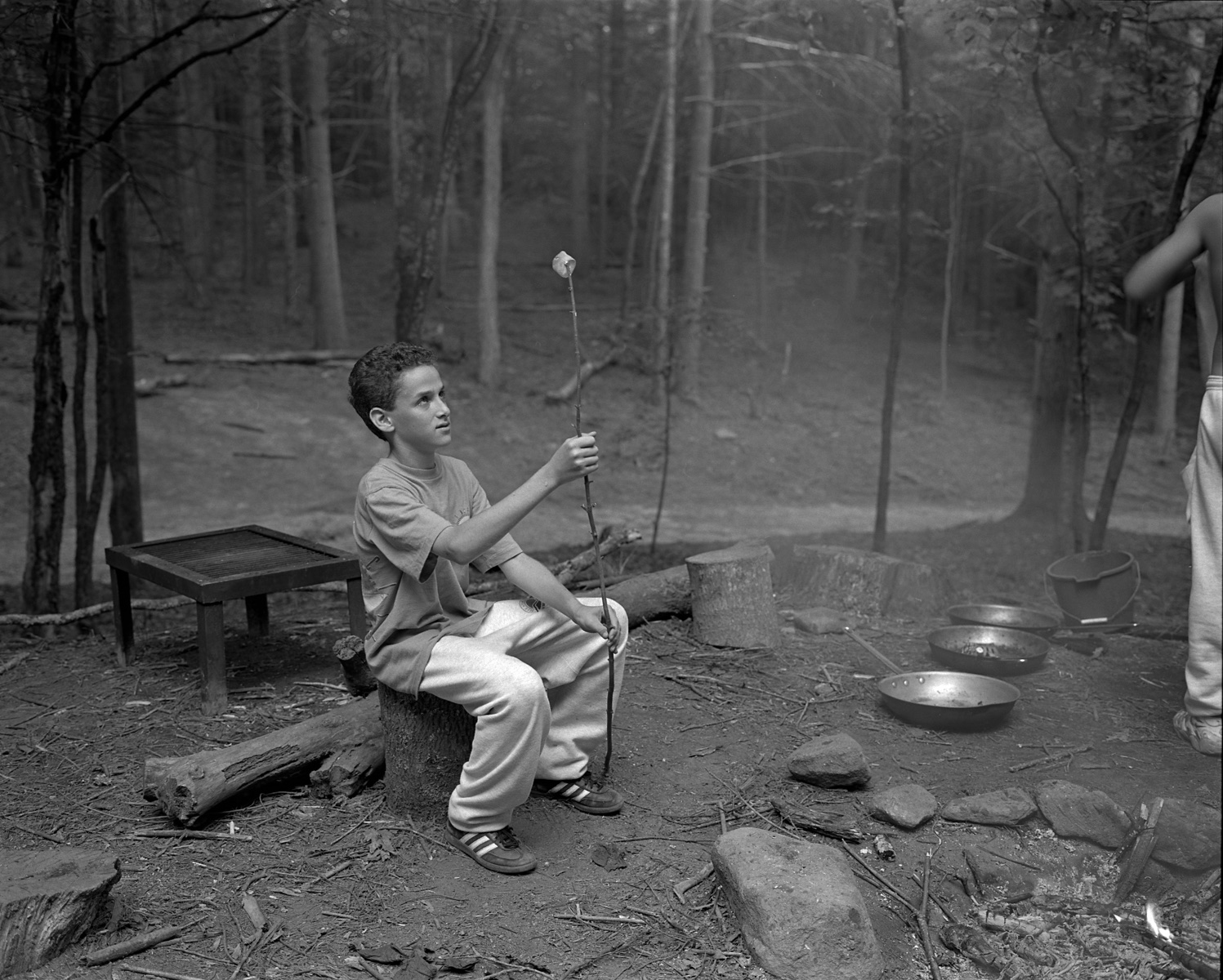
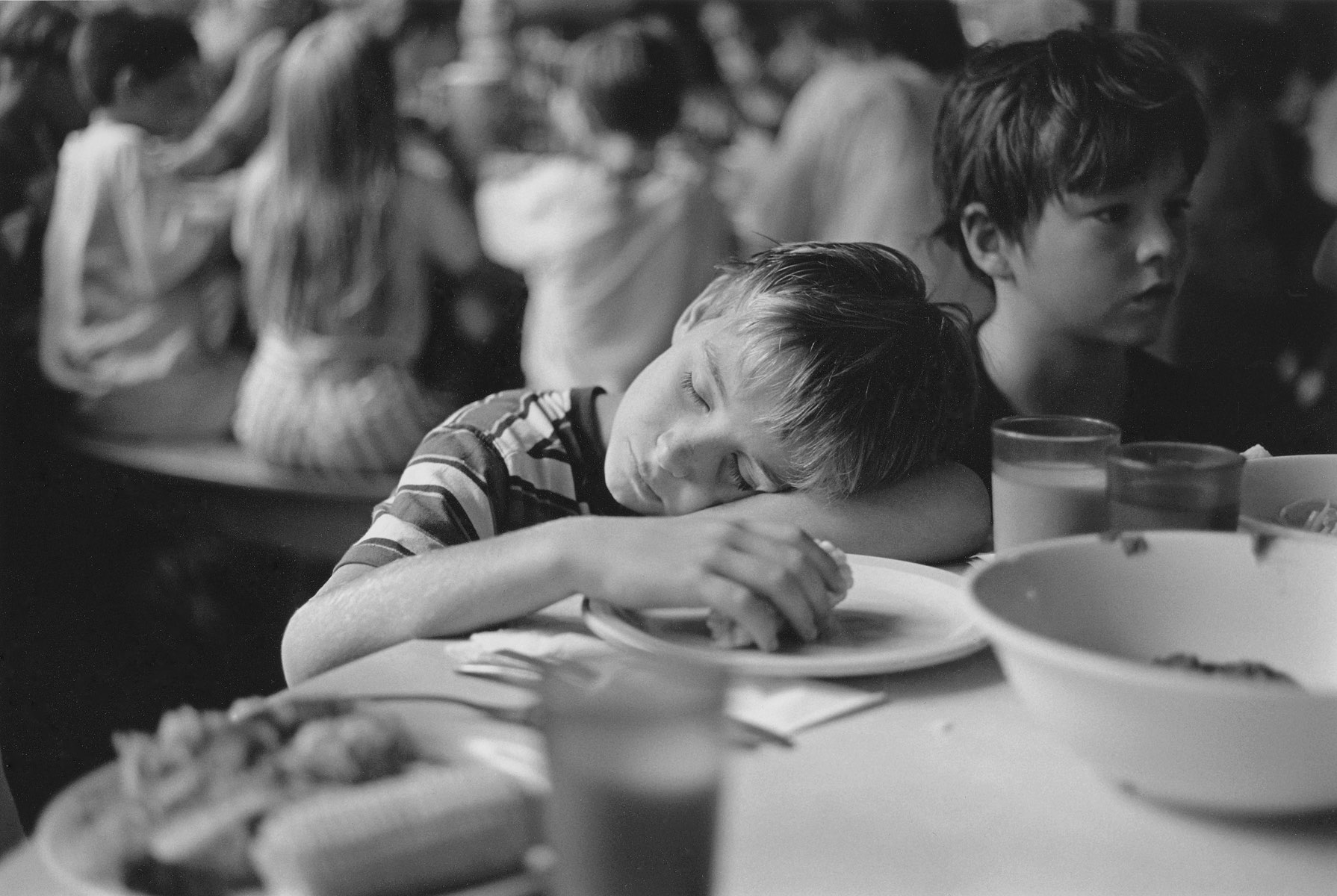

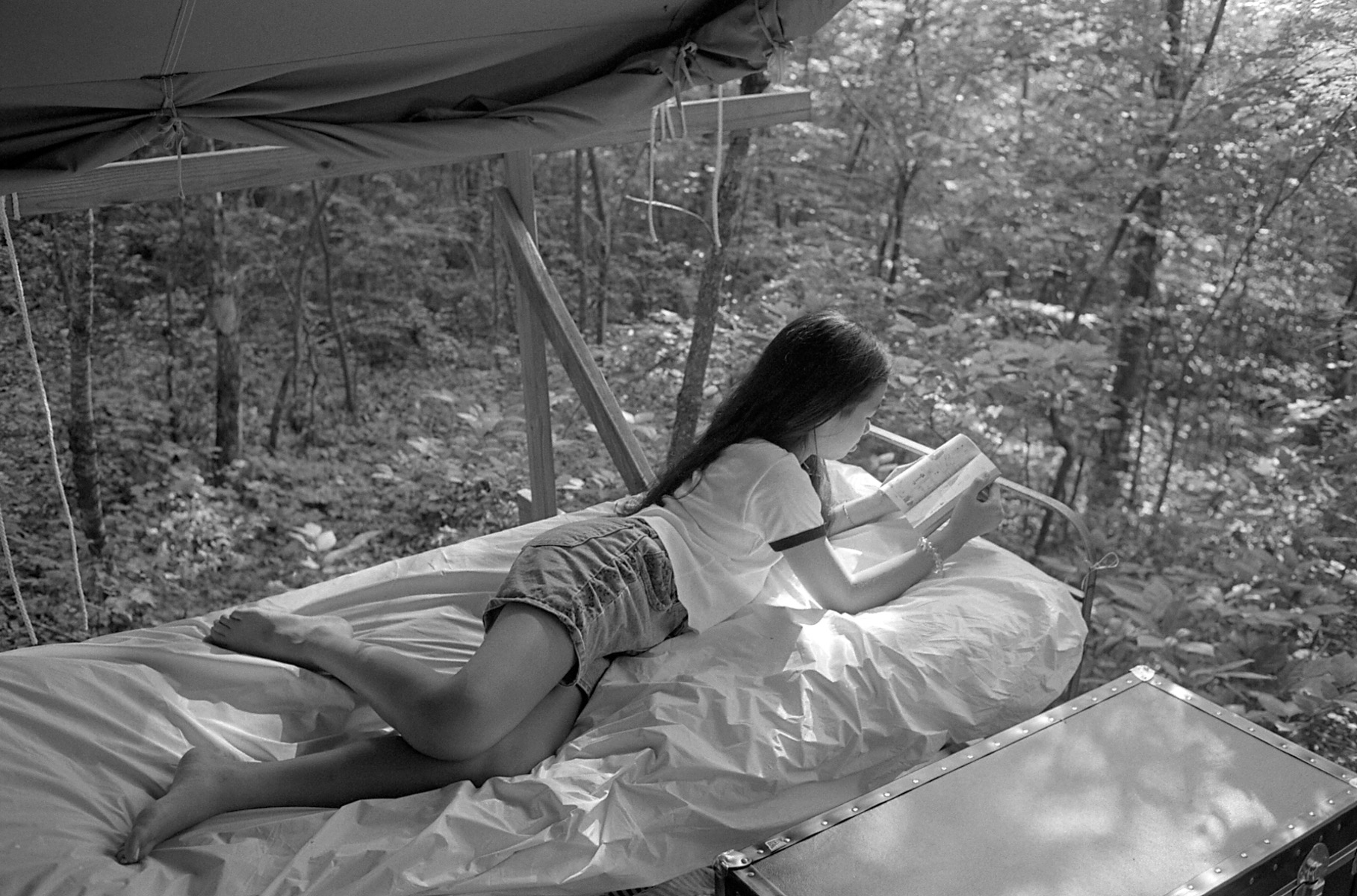
Follow Miss Rosen on Twitter.
Enjoyed this article? Like Huck on Facebook or follow us on Twitter.
You might like

“Humanity’s big threat is our disconnect from nature”: Craig Richards and Chris Levine in conversation
Lighting up — With Houghton Festival collaborating with artist Chris Levine in its most recent edition, we sat down with the light artist and the festival’s creative director Craig Richards to chat about their new installations, and the role of art and music in tumultuous times.
Written by: Isaac Muk

Three heart wrenching poems from Gaza
Writings that narrate — With Gaza’s population facing starvation, we are handing over our website to Yahya Alhamarna, a displaced poet and student in Gaza, who shares some of his recent poetry, and explains why writing is so important to him.
Written by: Yahya Alhamarna

Throwback portraits of the UK’s first punks
Punks 1978-1980 — While working as a photographer in the army, Wayne “Spike” Large would moonlight as a punk on the weekends. His new photobook revisits the characters that he captured from the genre’s heyday.
Written by: Miss Rosen

Meet Lady Pink, the ‘First Lady’ of graffiti
Miss Subway NYC — As a leading writer and artist in a man’s world, Sandra Fabara has long been a trailblazer for girls in underground art. Now, her new show touches on her legacy, while looking to the future.
Written by: Isaac Muk

Will internet age verification actually work?
VPN Summer — With the Online Safety Act coming into force over the weekend, the UK woke up to find pornography, but also any content deemed “harmful” hidden behind an ID wall. But young people are far too tech savvy to be deterred, explains newsletter columnist Emma Garland, who also warns of the dangers of mass data harvesting.
Written by: Emma Garland

Love and rage at the record shattering London Trans+ Pride 2025
Dismantle the cis-tem — With over 100,000 attendees, the Saturday march was the largest trans pride event ever in world history. Cheer Up Luv’s Eliza Hatch captured the action, and recounts its powerful energy.
Written by: Eliza Hatch / @cheerupluv

